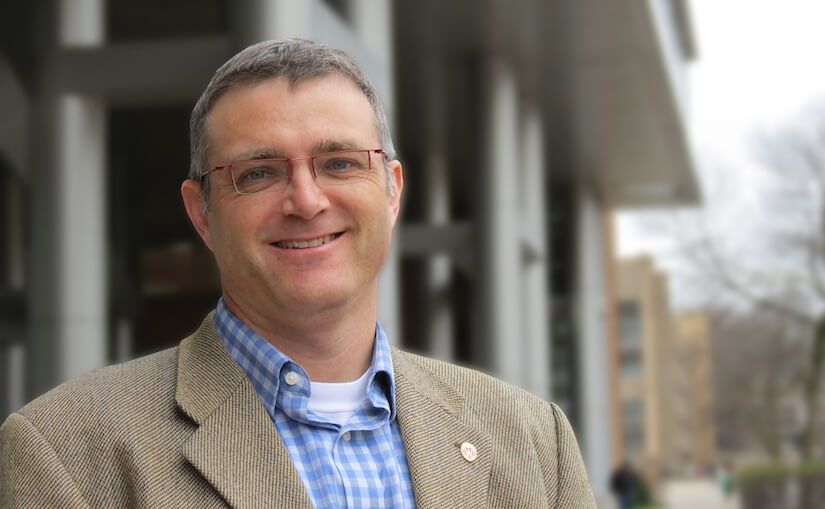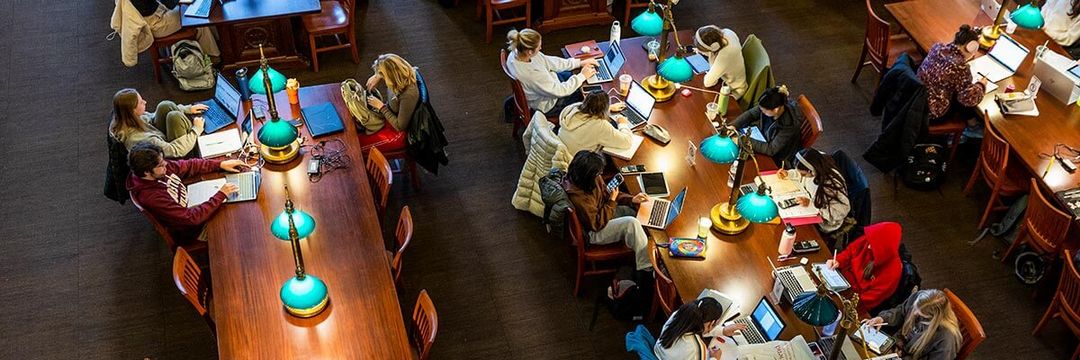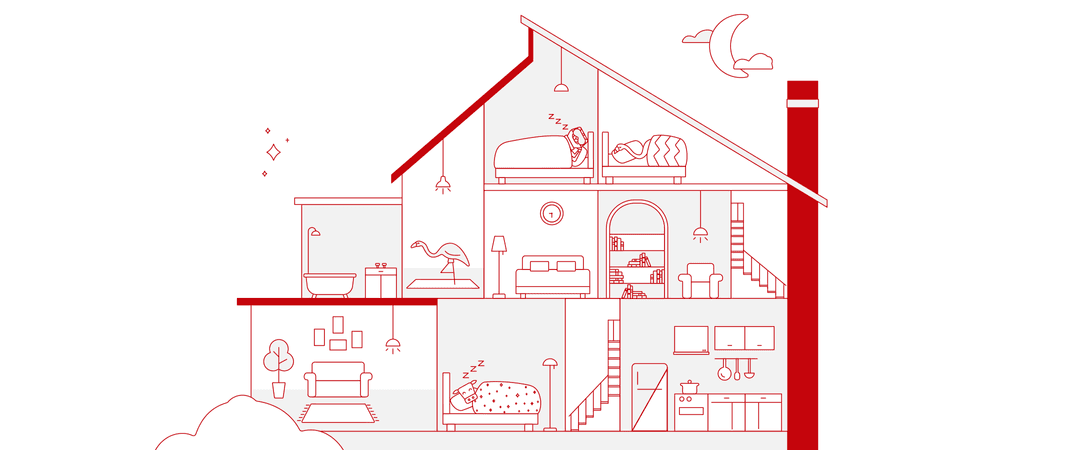Paul Wilson MS’94, PhD’99 thinks a lot about energy. As the UW’s Grainger Professor of Nuclear Engineering, he considers the atom as a source of power, and he does computational modeling of nuclear energy systems. As chair of the Department of Engineering Physics, he heads the UW department that integrates engineering, physics, and math to try to solve real-world problems.
One of those problems is energy itself: how can we generate enough of it to fuel civilization without causing further damage to the environment and the climate? The UW Now Livestream on November 9 will feature Wilson in a conversation about the energy crisis.
While many people talk about energy as though one source is the key to the future —renewables, such as solar or wind; nuclear power; traditional fossil fuels, such as coal, gas, and oil — Wilson believes that the best approach is to have a balanced energy diet, to draw on a variety of sources to ensure that society receives an efficient and reliable supply.
Chief Area of Research:
My work is computational. I do modeling of the nuclear energy system ,from mines to repositories, over decade and century timescales. So I look at what happens as we choose different technologies, what it will mean for some of the waste products, the flows of material, the economics, things like that.
On The UW Now, I’ll Discuss:
My approach is to talk about what a well-balanced, well-designed energy system is and where the role for new energy might be in that. How do we piece together different technologies in ways that allow us to have an electricity system that is reliable, that is not ridiculously expensive? I’ll be talking about things like energy density, the fact that as valuable as solar and wind energy are, they’re very low density. As humans, we have a history of taking advantage of higher density energy sources, because they’re much more efficient and much more easy for us to exploit, to produce the economic engine that we want.
One Thing I’d Like Viewers to Remember Is:
When we think about a low-carbon future, it means that there is an important role for these high-concentration energy sources to make a well-balanced energy system. There are different attributes that these different systems have, and mixing them together in the right amount gives you a much more resilient, much less expensive, much more reliable energy system than if you try to use only one kind of supply. Just like I would not advocate a grid based entirely on solar and wind and hydro, I wouldn’t advocate a grid based entirely on nuclear energy either. Finding that balance is important. Think of a diet. We could just eat only cheeseburgers, but just because we can doesn’t mean we should.










